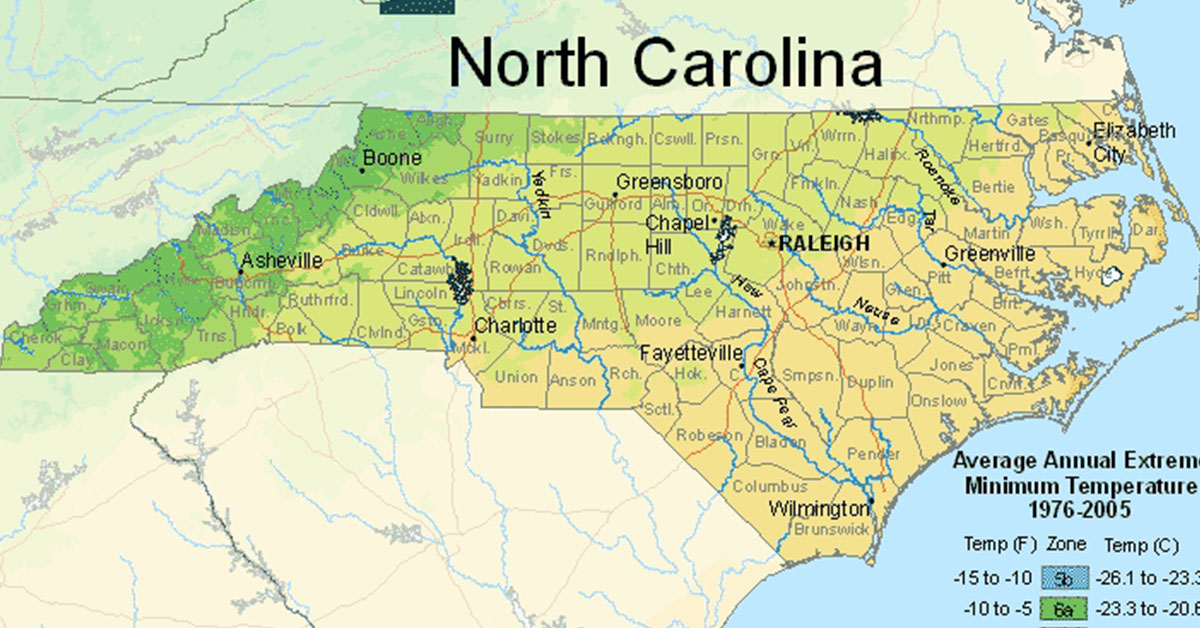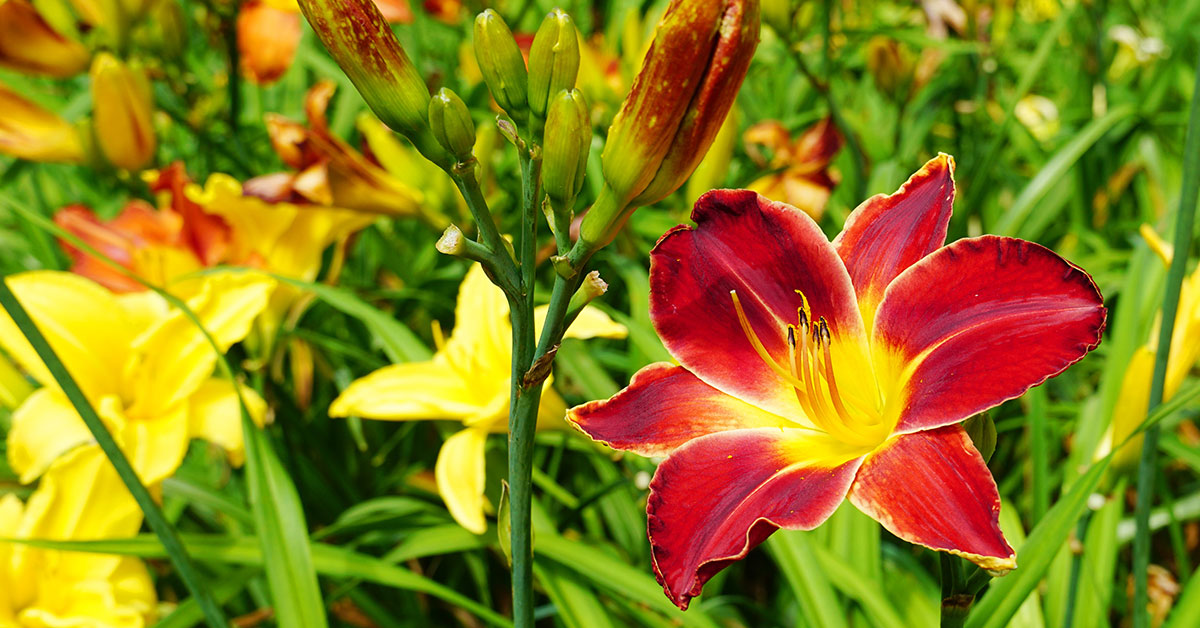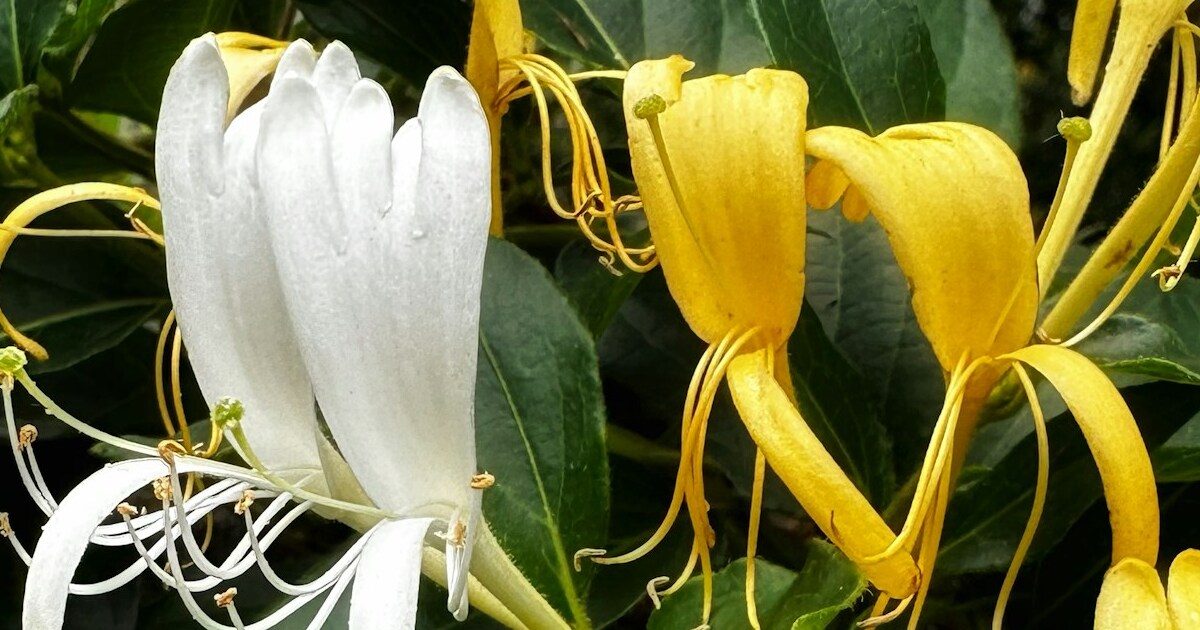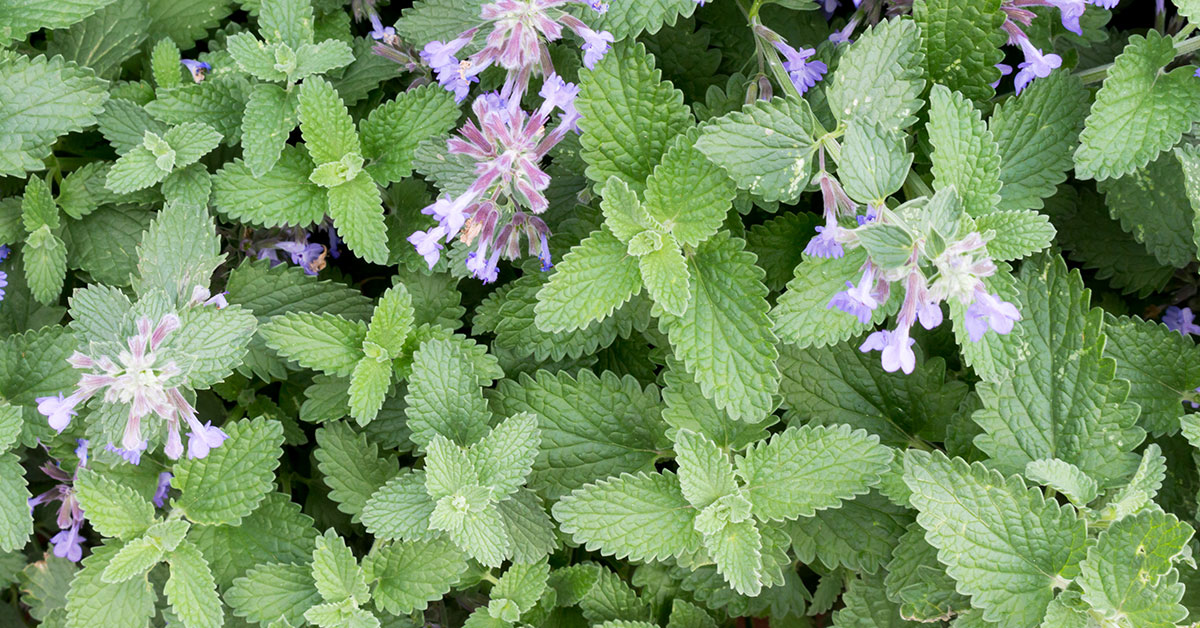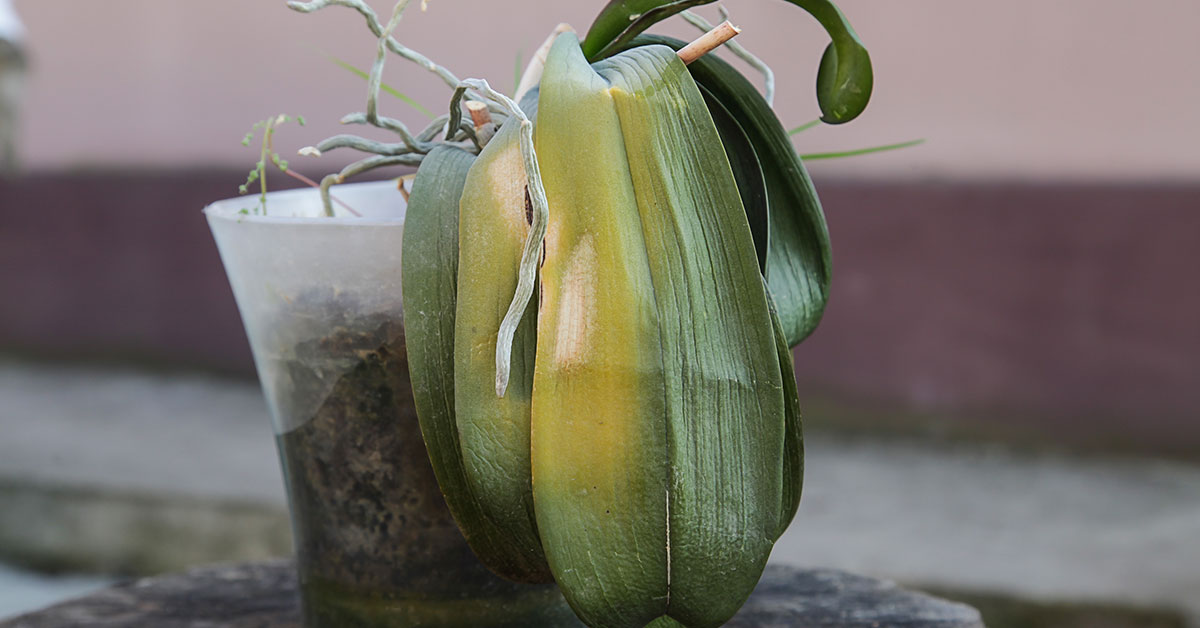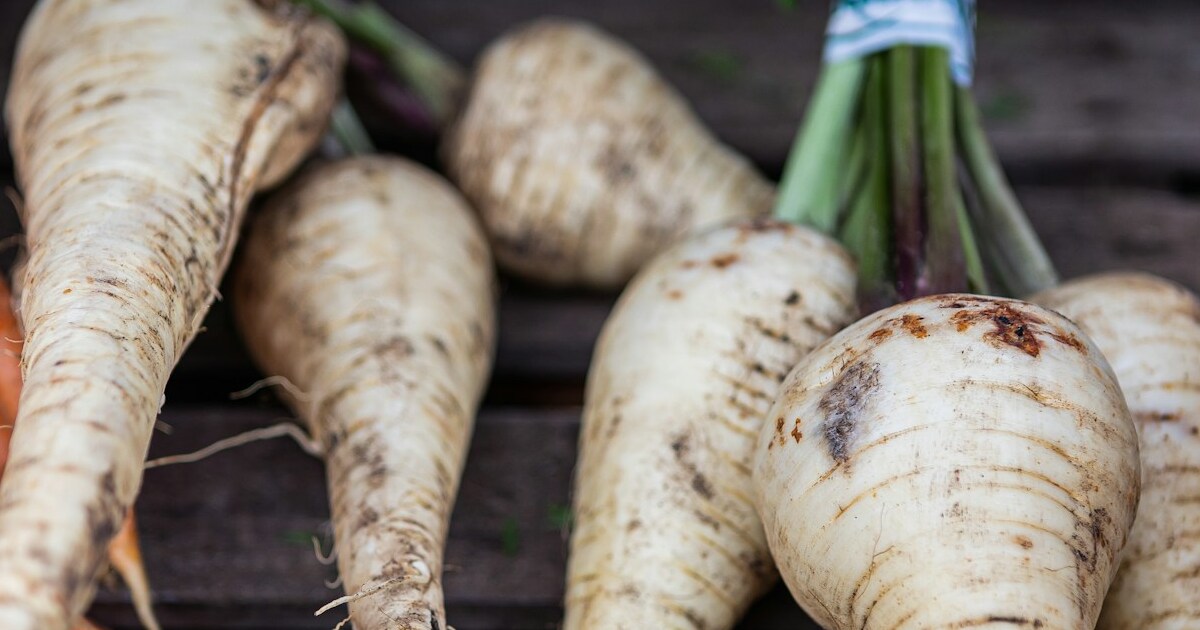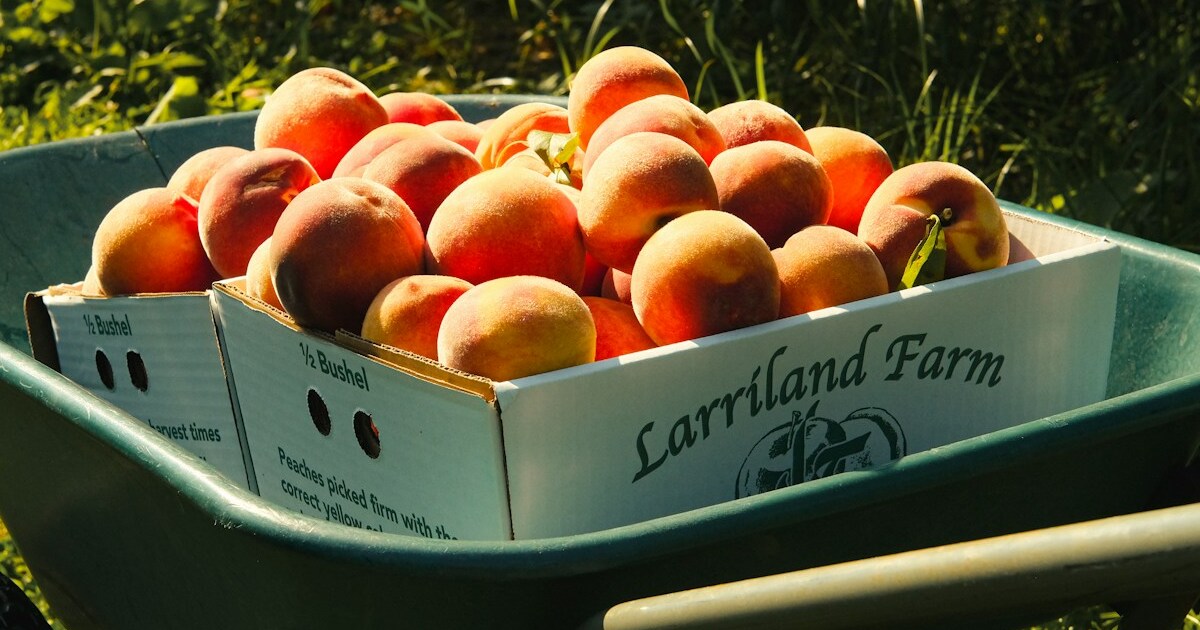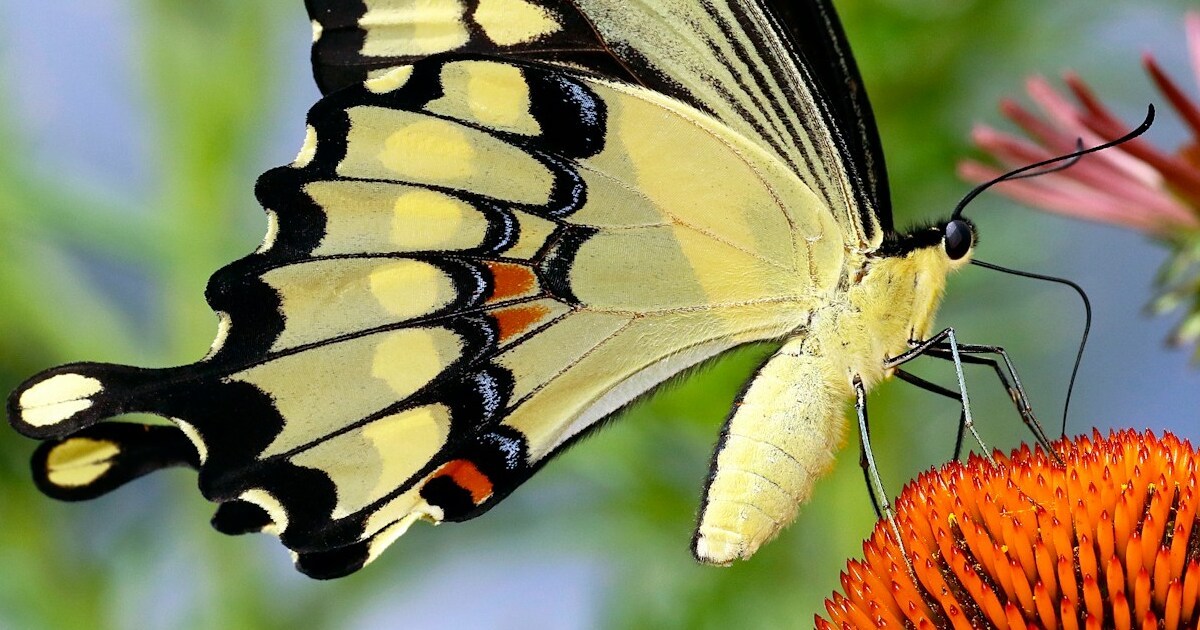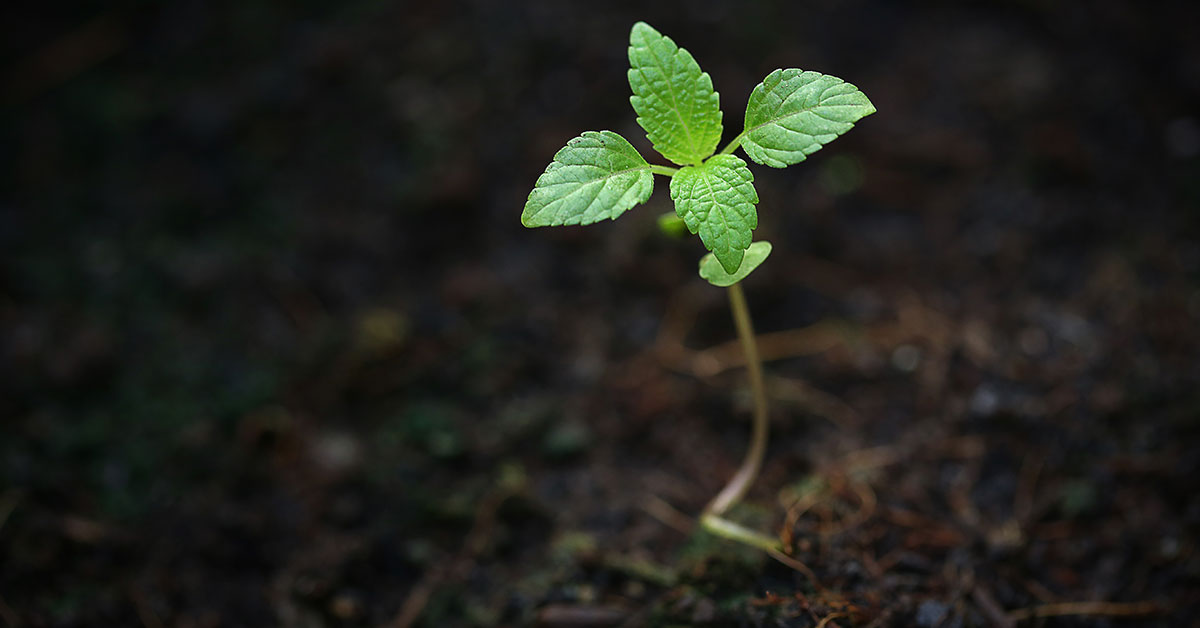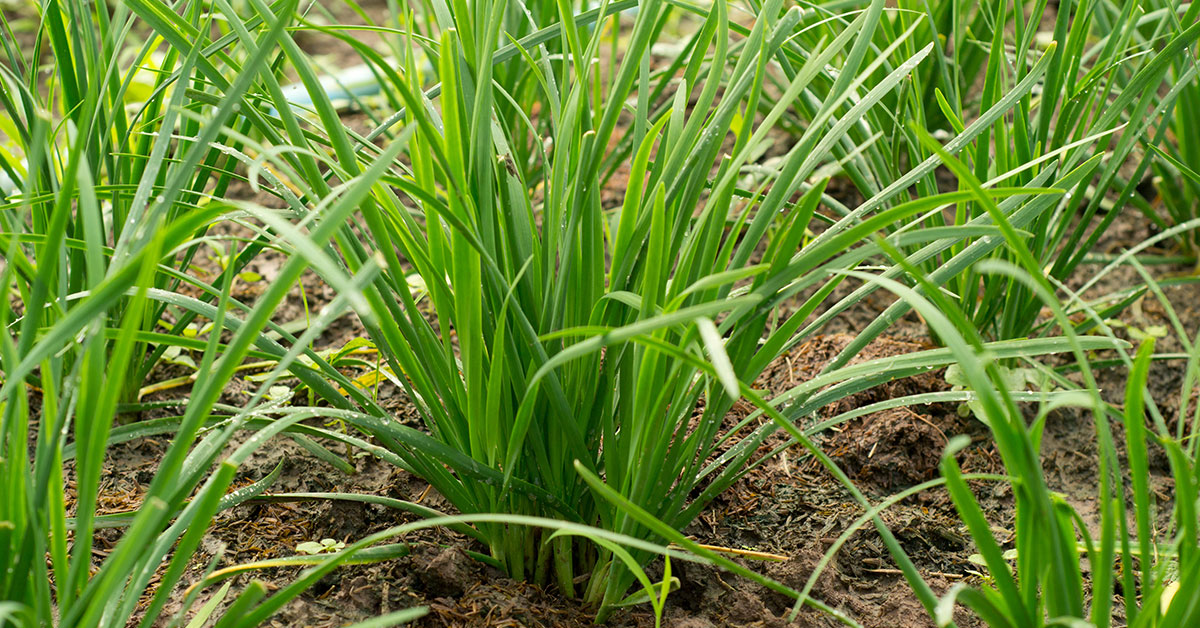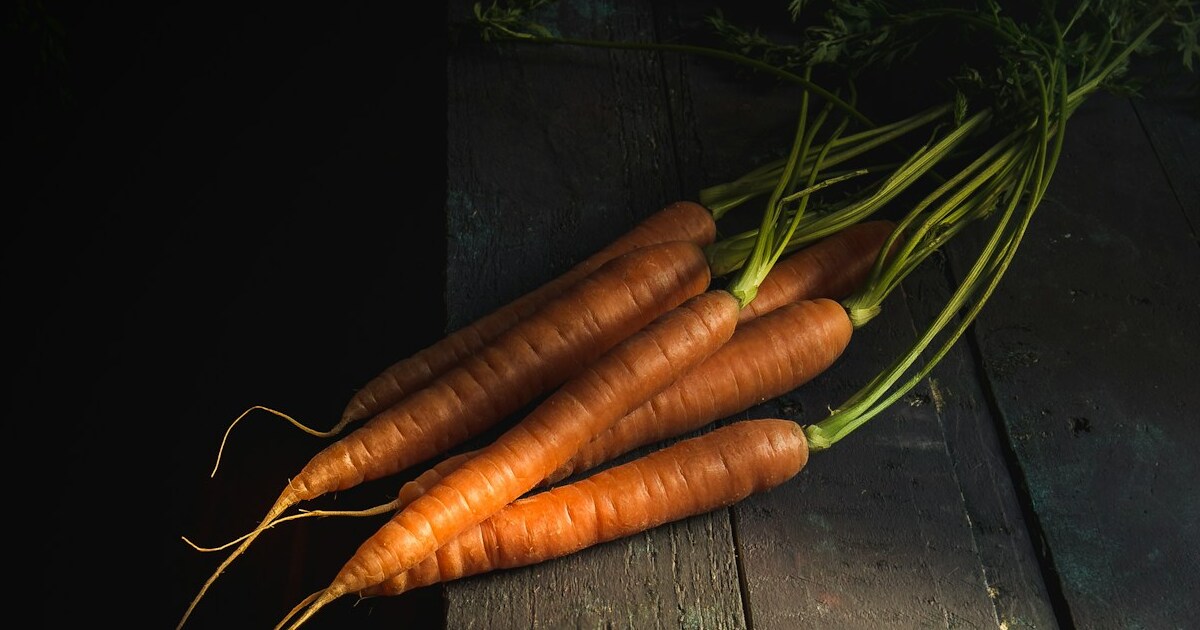Welcome to the lush world of gardening in Charlotte, North Carolina! Nestled in the heart of the Piedmont region, this vibrant city offers a unique gardening experience thanks to its location in the USDA hardiness zone 7b. The USDA hardiness zone is a crucial factor for gardeners, as it determines which plants are most likely to thrive in a particular area based on average minimum winter temperatures.
With its mild winters and long growing season, Charlotte provides an ideal environment for a wide variety of plants, allowing both novice and experienced gardeners to indulge in their passion and create stunning outdoor spaces. Whether you have a sprawling backyard or a cozy balcony, this article will guide you through the joys and challenges of gardening in Charlotte, helping you select the perfect plants and offering expert tips to ensure your garden flourishes in this unique climate.
What is Charlotte’s USDA hardiness zone?
The USDA hardiness zone is a system developed by the United States Department of Agriculture (USDA) to categorize regions based on their average annual minimum temperature. This system helps gardeners and plant enthusiasts determine which plants are most likely to thrive in a particular area. In the case of Charlotte, North Carolina, it falls under USDA hardiness zone 7b.
This means that the average annual minimum temperature in Charlotte ranges from 5 to 10 degrees Fahrenheit (-15 to -12 degrees Celsius). It is important to note that this is just an average, and extreme weather events or microclimates within the city can cause temperatures to deviate from this range.
Knowing the USDA hardiness zone of an area is crucial for successful gardening because it helps determine which plants can withstand the local climate conditions. In zone 7b, gardeners can expect mild winters with occasional cold snaps, as well as hot and humid summers. Here are some key considerations for gardening in USDA hardiness zone 7b in Charlotte:
- Plant Selection: Choose plants that are recommended for zone 7b or lower. These plants are adapted to the average minimum temperatures in the area and have a higher chance of survival. Some popular choices for this zone include azaleas, camellias, roses, hydrangeas, and many types of vegetables and herbs.
- Frost Dates: Knowing the average frost dates for your area is essential for planning your garden. In Charlotte, the last frost typically occurs around mid-April, and the first frost occurs around mid-November. This information helps determine when to start planting and when to protect sensitive plants from frost.
- Soil Preparation: Understanding the soil composition in your garden is crucial for plant health. In Charlotte, the soil is generally clayey and acidic. Adding organic matter, such as compost or well-rotted manure, can improve soil structure and fertility. Conducting a soil test can provide specific recommendations for amendments to optimize plant growth.
- Watering: Charlotte experiences hot and humid summers, so proper watering is essential. Water deeply and infrequently to encourage deep root growth. Mulching around plants helps retain moisture and suppress weeds. Be mindful of local watering restrictions, if any, and consider using rainwater harvesting techniques to conserve water.
- Pest and Disease Management: Being aware of common pests and diseases in the area can help prevent or mitigate damage to your plants. Regularly inspect plants for signs of infestation or disease and take appropriate action, such as using organic pest control methods or seeking professional advice when needed.
- Seasonal Care: In zone 7b, it is important to follow seasonal care practices. This includes pruning, fertilizing, and dividing plants at the appropriate times. Consult local gardening resources or contact your county extension office for specific recommendations based on the Charlotte area.
By understanding the USDA hardiness zone and considering the specific climate conditions in Charlotte, gardeners can make informed decisions about plant selection, care, and maintenance. This knowledge increases the chances of successful gardening and ensures a thriving and beautiful garden.
When can you plant your garden in Charlotte?
In Charlotte, the ideal planting times for various plants can be determined by referring to its USDA hardiness zone, which is Zone 7b. This zone indicates the average minimum winter temperature range of 5 to 10 degrees Fahrenheit (-12 to -14 degrees Celsius). Based on this information, here are the ideal planting times for different types of plants in Charlotte:
- Spring-Flowering Bulbs: Plant spring-flowering bulbs like tulips, daffodils, and hyacinths in late fall, typically from late September to early November. This allows them to establish roots before the winter and bloom in the spring.
- Cool-Season Vegetables: Cool-season vegetables such as lettuce, spinach, broccoli, and carrots can be planted in early spring, around mid-February to early March. These plants thrive in cooler temperatures and can tolerate light frosts.
- Warm-Season Vegetables: Warm-season vegetables like tomatoes, peppers, cucumbers, and beans should be planted after the last frost date, which usually occurs in mid-April in Charlotte. Planting them too early can result in damage from late frosts.
- Perennials: Perennials can be planted in Charlotte throughout the year, but the best time is in early spring or early fall. This allows them to establish strong root systems before the extreme temperatures of summer or winter.
- Annual Flowers: Annual flowers can be planted after the last frost date, typically in mid-April. This includes popular flowers like marigolds, petunias, zinnias, and impatiens. They will bloom throughout the summer and into fall.
- Trees and Shrubs: Trees and shrubs can be planted in Charlotte during the dormant season, which is typically from late fall to early spring. This allows them to establish roots before the heat of summer. However, container-grown trees and shrubs can be planted at any time of the year with proper care.
It’s important to note that these planting times are general guidelines, and specific plant varieties may have different requirements. It’s always a good idea to consult plant tags or local gardening resources for more precise information on individual plants.
What grows well in Charlotte?
Charlotte, North Carolina falls within USDA hardiness zone 7b, which means it experiences an average minimum winter temperature of 5 to 10 degrees Fahrenheit (-12 to -14 degrees Celsius). Here is a comprehensive list of plants that generally grow well in this zone:
- Trees:
- Southern Magnolia (Magnolia grandiflora)
- Red Maple (Acer rubrum)
- Dogwood (Cornus florida)
- Crape Myrtle (Lagerstroemia indica)
- Eastern Redbud (Cercis canadensis)
- Sweetgum (Liquidambar styraciflua)
- Bald Cypress (Taxodium distichum)
- American Holly (Ilex opaca)
- Leyland Cypress (x Cupressocyparis leylandii)
- Japanese Maple (Acer palmatum)
- Azalea (Rhododendron spp.)
- Camellia (Camellia spp.)
- Boxwood (Buxus spp.)
- Nandina (Nandina domestica)
- Loropetalum (Loropetalum chinense)
- Hydrangea (Hydrangea spp.)
- Forsythia (Forsythia spp.)
- Viburnum (Viburnum spp.)
- Beautyberry (Callicarpa spp.)
- Spirea (Spiraea spp.)
- Daylily (Hemerocallis spp.)
- Coneflower (Echinacea spp.)
- Black-eyed Susan (Rudbeckia spp.)
- Hosta (Hosta spp.)
- Salvia (Salvia spp.)
- Coreopsis (Coreopsis spp.)
- Phlox (Phlox spp.)
- Bee Balm (Monarda spp.)
- Sedum (Sedum spp.)
- Russian Sage (Perovskia atriplicifolia)
- Petunia (Petunia spp.)
- Marigold (Tagetes spp.)
- Impatiens (Impatiens spp.)
- Zinnia (Zinnia spp.)
- Geranium (Pelargonium spp.)
- Begonia (Begonia spp.)
- Salvia (Salvia spp.)
- Coleus (Solenostemon spp.)
- Vinca (Catharanthus roseus)
- Snapdragon (Antirrhinum spp.)
- Tomatoes (Solanum lycopersicum)
- Peppers (Capsicum spp.)
- Beans (Phaseolus spp.)
- Squash (Cucurbita spp.)
- Cucumbers (Cucumis sativus)
- Basil (Ocimum basilicum)
- Rosemary (Rosmarinus officinalis)
- Thyme (Thymus spp.)
- Mint (Mentha spp.)
- Parsley (Petroselinum crispum)
Remember to consider factors like sunlight, soil conditions, and water requirements when selecting plants for your specific garden.
What won’t grow in Charlotte?
In Charlotte, which falls under USDA hardiness zone 7b, there are certain plants that may struggle to thrive due to the local climate conditions. Here are some plants that may not perform well in this zone:
- Tropical Plants: Plants that are native to tropical regions, such as banana trees (Musa spp.), may struggle to survive the colder winters in Charlotte.
- Citrus Trees: While some cold-hardy citrus varieties can tolerate zone 7b, most traditional citrus trees like oranges, lemons, and limes may not thrive due to the occasional freezing temperatures.
- Tender Perennials: Some tender perennials, like bougainvillea (Bougainvillea spp.) and hibiscus (Hibiscus spp.), may struggle to survive the colder winters in this zone. They may require extra protection or be grown as annuals.
- Subtropical Plants: Plants that prefer a more subtropical climate, such as certain palms like coconut palm (Cocos nucifera) or certain cycads like sago palm (Cycas revoluta), may not thrive in Charlotte’s zone 7b due to occasional winter freezes.
- Alpine Plants: Plants that are adapted to high-altitude or alpine environments may struggle in Charlotte’s zone 7b, as they are not accustomed to the region’s hot and humid summers.
- Some Mediterranean Plants: While many Mediterranean plants can tolerate zone 7b, certain more delicate species like olive trees (Olea europaea) or lavender (Lavandula spp.) may struggle with the humidity and occasional winter cold snaps.
It’s important to note that while these plants may not thrive in Charlotte’s zone 7b, there are still many other beautiful and suitable options available for gardening in this area.


